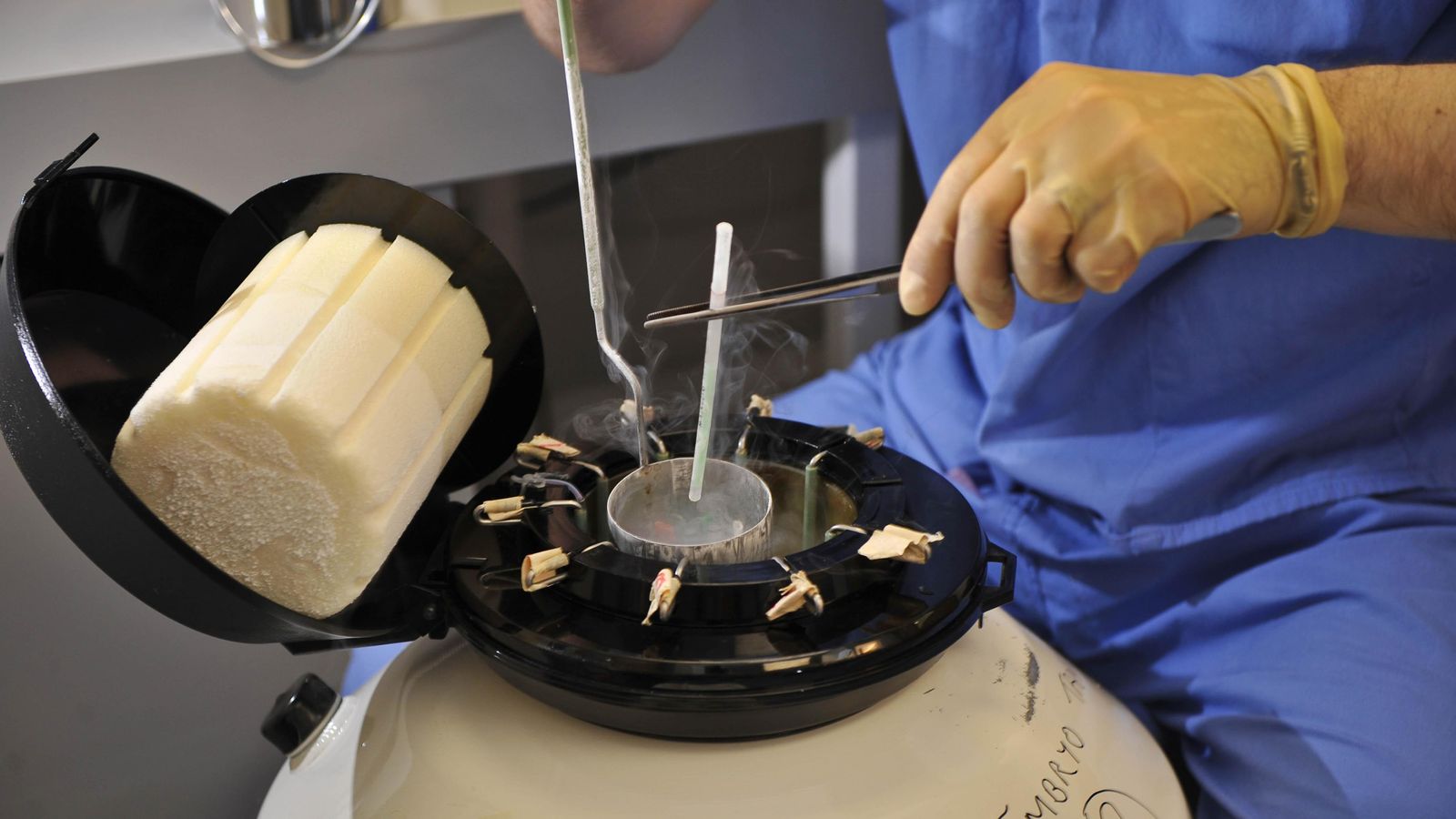A decision by Vladimir Putin to raise the stakes even higher over Ukraine is a sign that his war is going badly, but it is also signal that the Russian president cannot give up.
A partial mobilisation; the holding of referendums to turn four Ukrainian regions “Russian”; and the spectre once more of nuclear confrontation mark a serious moment of escalation and a new test for the Ukrainian government with its western backers
It comes in response to a significant counteroffensive by Ukrainian forces over the past three weeks, which has seized back swathes of territory in the north-eastern Kharkiv region, forcing Russian troops into retreat and giving the Ukrainian side the momentum.
Putin orders ‘partial mobilisation’ in Ukraine – live updates
Analysts have said from the beginning of Russia’s full-scale invasion that Putin cannot afford to lose this war as it would almost certainly mean the end of his presidency.
But Ukraine has made clear it will not stop fighting until all Ukrainian territory is recaptured, meaning escalation will continue until either side blinks.
It is interesting, therefore, to consider how the position – and risk appetite – of the UK, the US and other western allies has evolved over the past nearly seven months of war.
Ukraine war: Joe Biden slams Vladimir Putin over ‘brutal, needless’ conflict
Russian reserves are not trained for war – and Putin’s escalation could be ‘extremely dangerous’, military expert says
What will holding referenda mean for parts of Russia-occupied Ukraine and the world?
Please use Chrome browser for a more accessible video player
There has been an unwavering desire to support Ukraine, but this support was initially constrained by a desire to avoid giving so much weaponry that it would be seen by Moscow as an escalatory step drawing Russia closer into direct confrontation with the West.
But as the war has drawn on and Russian forces have resorted to exploiting their greater stockpiles of long-range artillery to smash Ukrainian positions, the West’s appetite has grown to gift Ukraine more powerful weapons – such as long-range multiple-launch rocket systems, tanks and aircraft – regardless of the escalatory potential.
This means the Ukrainian armed forces are building a genuine capability to push Russia’s military back, as demonstrated over the past fortnight around Kharkiv.
Ukraine is also putting Russian positions under pressure in the southern Kherson region and even in Russia-occupied Crimea.
Please use Chrome browser for a more accessible video player
Read more:
What nuclear weapons does Russia have and what damage could they cause?
Is Ukraine getting the upper hand in the arms race with Russia?
Why Ukraine’s southern offensive is more difficult than northern blitzkrieg
The UK’s Ministry of Defence said in an intelligence update on Tuesday that Russia’s military has “almost certainly” relocated a submarine fleet from its home port in Crimea to a port in southern Russia.
“This is highly likely due to the recent change in the local security threat level in the face of increased Ukrainian long-range strike capability,” it said.
Putin is trying to wear down the West by turning off energy supplies – a form of unconventional, hybrid warfare designed to trigger social unrest and unhappiness at home, to sap domestic political will to keep supporting Ukraine.
That card is still in play and will become even more effective as winter bites.
Now the Russian president is trying to crank up his military machine even further.
But it has already been caught wanting and any mobilisation of reservists is not an instant solution.
Click to subscribe to Ukraine War Diaries wherever you get your podcasts
That is why his deliberate reference to nuclear weapons is designed to cause immediate alarm.
Any change in the status of the Ukrainian regions of Donetsk and Luhansk in the east, and Kherson and Zaporizhzhia, in the south, following sham referendums in the coming days could give Putin the pretext to resort to a nuclear strike to defend “Russian territory”.
However, Crimea already holds this status following a similarly flawed referendum back in 2014 and the peninsula has been hit in Ukrainian strikes without causing a nuclear escalation.






